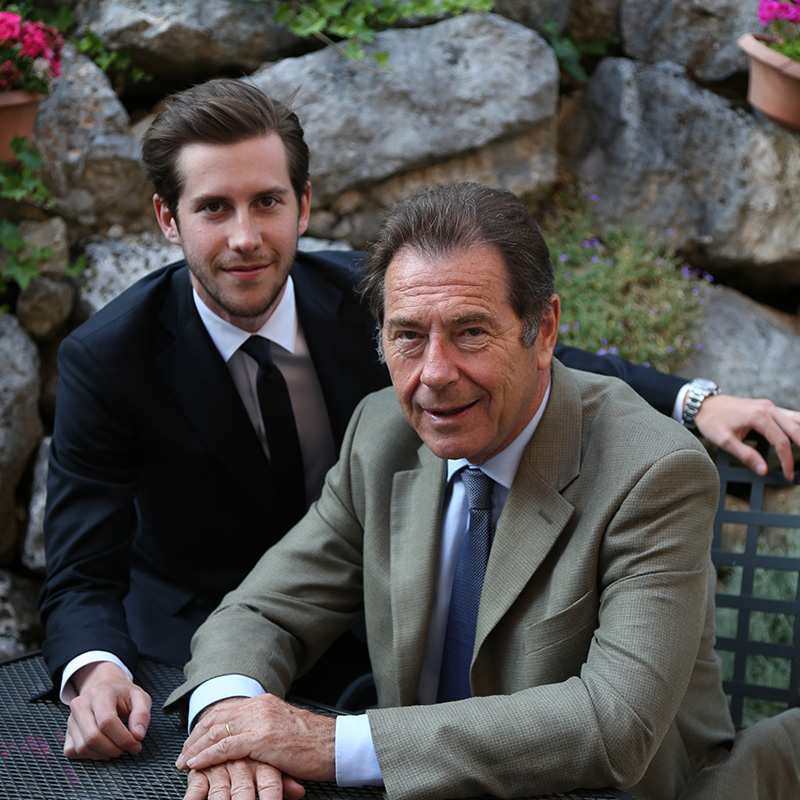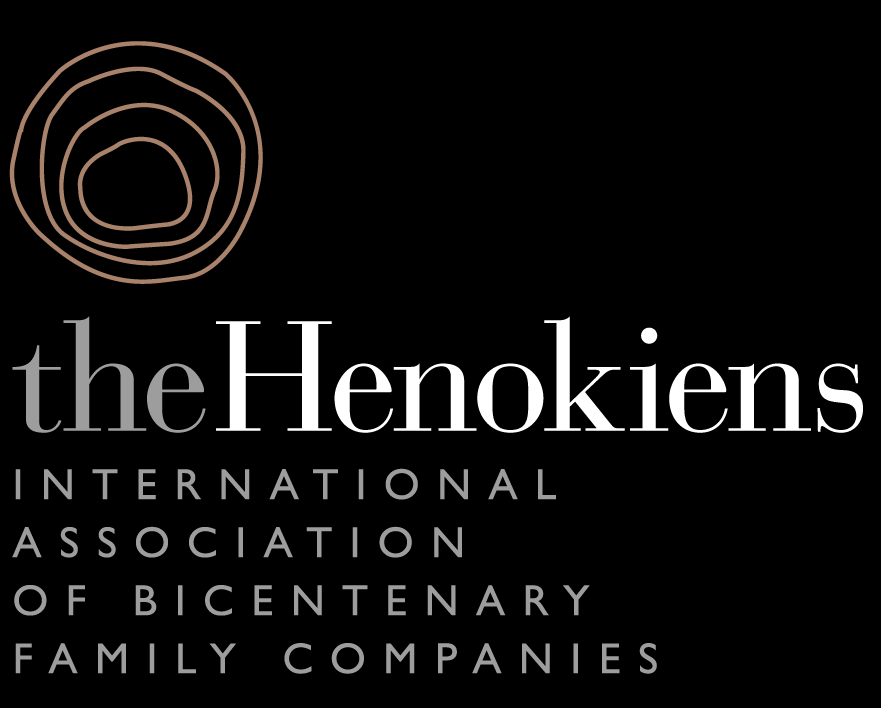Diego Gradis

13th Head of the Maison Gradis since Diego Gradis
M Diego GRADIS you are one of members of the Henokiens Association. Could you please introduce yourself to our readers?
> D.G. : 13th Head of the Maison Gradis since Diego GRADIS (yes, Diego!), business founder in 1685, I was handed the company's reins in 2014 and I hope this number "13" will bring us luck. Law studies in Paris (Paris II) then in New York (NYU), Institut d’études politiques (Sciences-Po); following a first legal career as an international lawyer in New York then in Paris, my second career is dedicated to international solidarity by founding with my wife, Christiane, the international NGO "Traditions for Tomorrow" in 1986 (www.tradi.info) which we managed until 2022. With Cyril, our son, Vice-President of our House, I also started a third career in 2014 at an age when many are looking towards the exit, and I am delighted about it.
Can you present your company and its activities?
> D.G. : The Maison David Gradis et Fils had its headquarters in Bordeaux until the early 20th century, then became the Société Française pour le Commerce avec l'Outre-mer (SFCO) in the form of a public company, with its head office in Paris. The family having in the meantime also become Swiss, the company is taken over in 2024 by Gradis1685 SA, with its headquarters in the Haut-Pays of the Canton of Berne.
During centuries, the Maison Gradis dedicated itself, in its capacity as a ship-owner to the trade of land products - particularly sugar - with the Antilles and at some stage Quebec.
In the last quarter of the 20th century, the SFCO revives part of its past: the trade of Bordeaux Grand Cru wines. With the closing of this chapter in its history, it dedicates itself to financial investment management, and more recently to direct investment in medium-sized business with a strong social and environmental impact, particularly in Latin America.
Although it is among the oldest Henokiens, the SFCO is nonetheless probably one of the smallest in size!
What have been the outstanding events for your company in recent years?
> D.G. : Since the passing on of the company and its management to new generations in 2014, the most notable fact has been a clear orientation of management towards sustainable finance.
Could you say a few words about your major projects in the middle or long term?
> D.G. : Following the handover of power, the company’s commitment to investments or activities with a social and responsible impact seems clear. The company purpose, which is very broad, allows it to carryon any types of activities.
How can you explain the longevity of your company?
> D.G. : The good financial health of the company, resulting in part from rather prudent management, despite obviously some temporary vicissitudes at certain times, has certainly contributed to its longevity. What has underlined this good health has also been the attachment to values passed on from generation to generation.
These were somewhat a governing principle in the company's activities as in its management: search for an intergenerational consensus as well as among parts of the family not directly associated with daily decision-making, opening to overseas, respect and gratitude toward staff, collaboration with different sectors of society, the business world and politics without prejudice or fixed ideas, participation in the life of the city as well as a philanthropic and intellectual contribution to its activities. It seems that the personal contacts of the leaders of Maison Gradis in various sectors and at various levels have also contributed to consolidating it vis-à-vis the outside world, as well as internally.
Do the traditional values guiding the firm constitute an advantage as regards research and innovation?
> D.G. : Without no doubt, the foundation of Maison Gradis around its values has encouraged and enabled developments in its activities. So when our wine trading business “revived” in 1975, it was partly thanks to a company contact in Bordeaux. This person offered to act as an intermediary with one of his English clients, and present him with a buyer backed by these values. The buyer was SFCO.
What are the major traps that your company must avoid in order to preserve its independence?
> D.G. : Avoid excessive dilution of decision-making power within the company, but still involve a representative family circle in decisions; and keep them regularly informed. This strengthens family cohesion, which must not however only be based on the business, but on other joint actions, philanthropic for example.
Has the determination of your family to keep its independence required over the centuries that difficult choices be made?
> D.G. :
- In 1921, Maison Gradis became a public company, after a financial institution had widely contributed to a capital increase. Its shares were listed on the Paris Stock Exchange. 40 years later, the family bought out the outside shareholders in full.
- In the 1960s, following a serious fraud, the company's family managers made a major contribution to replenishing the company's cash position, so that its commercial commitments could be honored. A third-party buyout would have been the only other way out of this critical situation.
Is the new generation already working in the firm?
> D.G. : Yes, Cyril GRADIS (on the picture), born in 1989, the only holder of the Gradis name in his generation,is Vice-President of the company and sits on the company's Board of Directors. We conduct the company's activities together. He and his wife, Janina, have two sons, which suggests a strong future at Maison Gradis.
Do you have a message for those who would like to start their own family business?
> D.G. : Do it, but take all possible precautions. It is a beautiful project but you play with fire. Collateral damage may equal the very great joys a family business experience can bring. It requires a lot of patience, flexibility, transparency and modesty.

